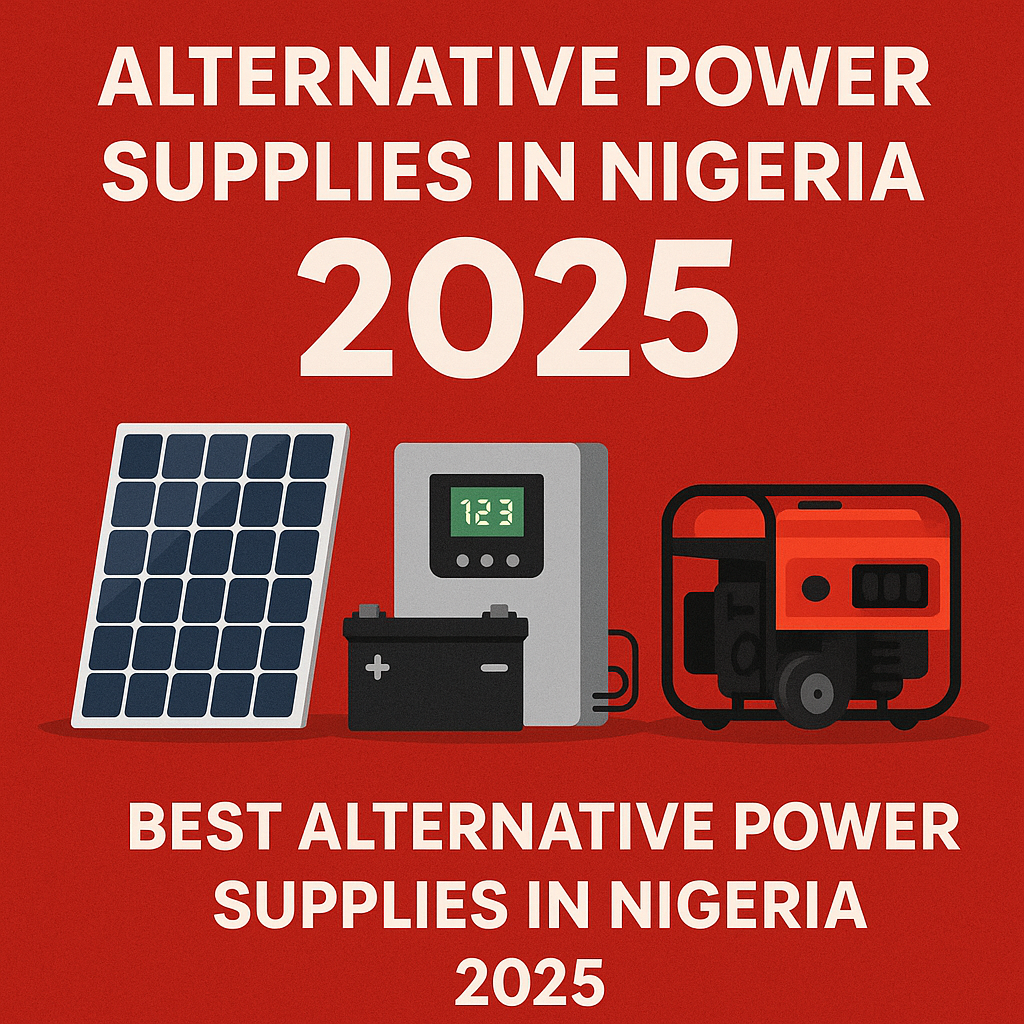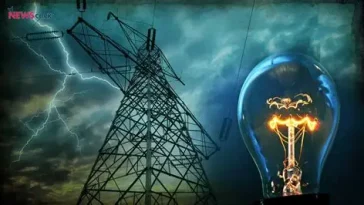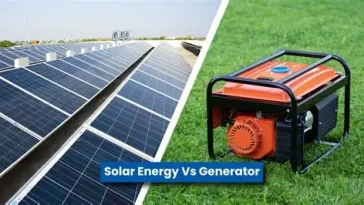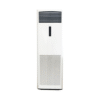In Nigeria, constant power outages have forced many individuals and businesses to look beyond the unreliable national grid. Whether you are in Lagos, Abuja, Port Harcourt, or a rural community, finding a reliable source of electricity is now essential for productivity and comfort. Alternative power supplies have become a lifeline, helping millions of Nigerians enjoy uninterrupted power for their homes, offices, and small businesses.
This article dives deep into the best alternative power solutions in Nigeria, their benefits, and how you can get them in 2025.
Why Alternative Power Solutions Are Essential in Nigeria
The national power grid in Nigeria is plagued with:
-
Frequent outages
-
Unpredictable load shedding
-
Voltage fluctuations that damage appliances
As fuel prices continue to soar, many Nigerians are turning to alternative solutions that are cost-effective, reliable, and sustainable. These include solar energy systems, inverters, generators, and hybrid power setups.
1. Solar Energy Systems
Solar energy is fast becoming the most popular alternative power source in Nigeria due to its long-term benefits and independence from fuel.
How Solar Systems Work
-
Solar panels capture sunlight and convert it into electricity.
-
The energy is stored in batteries through a charge controller.
-
An inverter converts the DC energy into AC power for household appliances.
Benefits of Solar Systems
-
Zero fuel costs – The sun’s energy is free.
-
Eco-friendly – No fumes, no pollution.
-
Silent operation – No noisy engines disturbing your sleep.
-
Low maintenance – Just clean the panels and check batteries periodically.
Cost of Solar Systems in Nigeria
A basic solar setup with panels, batteries, and inverter can cost between ₦300,000 to ₦1,500,000, depending on capacity.
2. Inverter Systems
An inverter is another reliable option, often used with or without solar panels. It stores electricity from the grid when available and provides power during outages.
Why Inverters Are Popular
-
Silent and automatic power backup.
-
Cheaper to maintain than generators.
-
Works perfectly with solar panels for hybrid setups.
A 2.5kVA inverter with a 2-battery setup costs between ₦250,000 and ₦400,000, depending on brand and quality.
3. Fuel Generators
While not as sustainable as solar, generators are still widely used due to their affordability and ability to handle heavy loads.
Types of Generators
-
Petrol generators (small to medium-sized, 0.9KVA – 5KVA)
-
Diesel generators (heavy-duty, ideal for businesses or estates)
-
Gas-powered and hybrid generators
Generators are available from ₦85,000 for small models up to ₦2 million for larger industrial models.
4. Hybrid Power Systems
Hybrid systems combine solar, inverter, and generator power, ensuring uninterrupted supply even during rainy days or high power demand.
Why Choose Hybrid?
-
Offers flexibility and backup support.
-
Reduces generator running time (hence less fuel).
-
Provides peace of mind for both residential and business users.
5. How to Get Alternative Power Supplies in Nigeria
Step 1: Assess Your Power Needs
-
List the appliances you need to run.
-
Calculate the total wattage.
Step 2: Set Your Budget
-
Small homes might start with inverters or small solar setups.
-
Businesses might go for hybrid systems or diesel generators.
Step 3: Choose Trusted Brands
For solar and inverters, popular and reliable brands include Luminous, Sukam, Felicity, Mercury, BlueGate, and Growatt.
For generators, go for Sumec Firman, Lutian, Elepaq, Perkins, or Honda.
Step 4: Buy from Authorized Dealers
-
Avoid roadside or unverified sellers.
-
Always insist on warranties and installation support.
6. Best Practices for Maintaining Alternative Power Supplies
-
Solar panels: Clean them monthly for better performance.
-
Inverters: Avoid deep battery discharge.
-
Generators: Change oil regularly and store them properly when not in use.
7. Future of Alternative Power in Nigeria
With the cost of renewable energy dropping globally, solar and inverter solutions are expected to dominate Nigeria’s energy landscape in the coming years. Many companies now offer flexible payment plans to help households transition from fuel-based to renewable solutions.
Conclusion
Choosing the right alternative power supply in Nigeria depends on your budget, power needs, and long-term goals. Solar systems and inverters are best for long-term savings and convenience, while generators still serve as quick backup solutions.
By investing in a reliable alternative power source today, you can enjoy uninterrupted electricity, save money, and avoid the frustrations of frequent blackouts.




